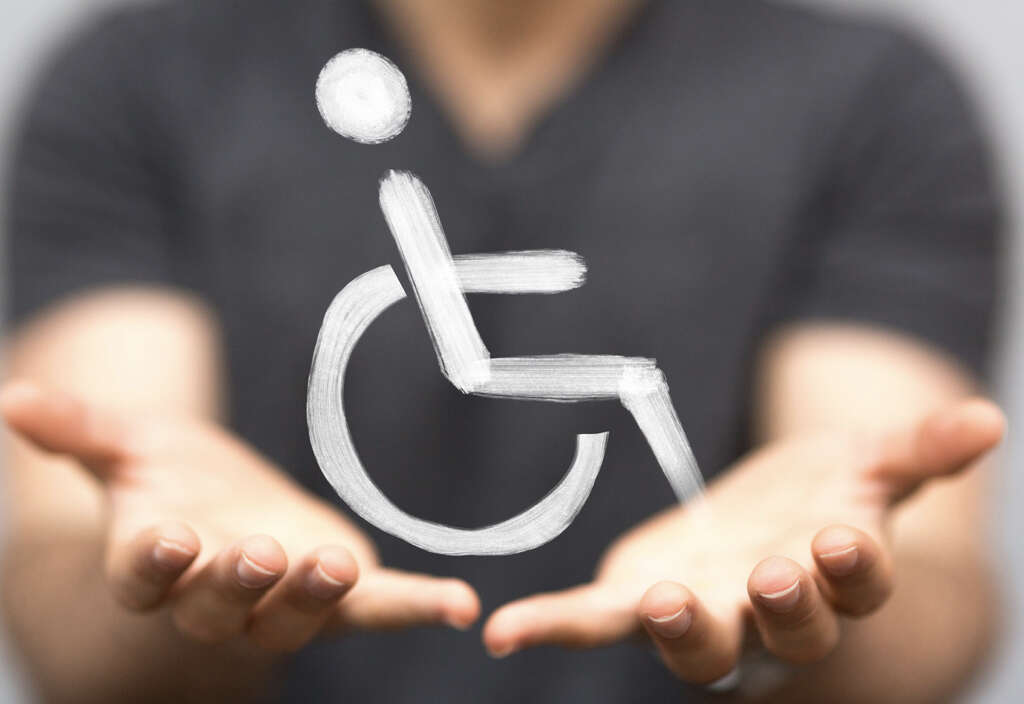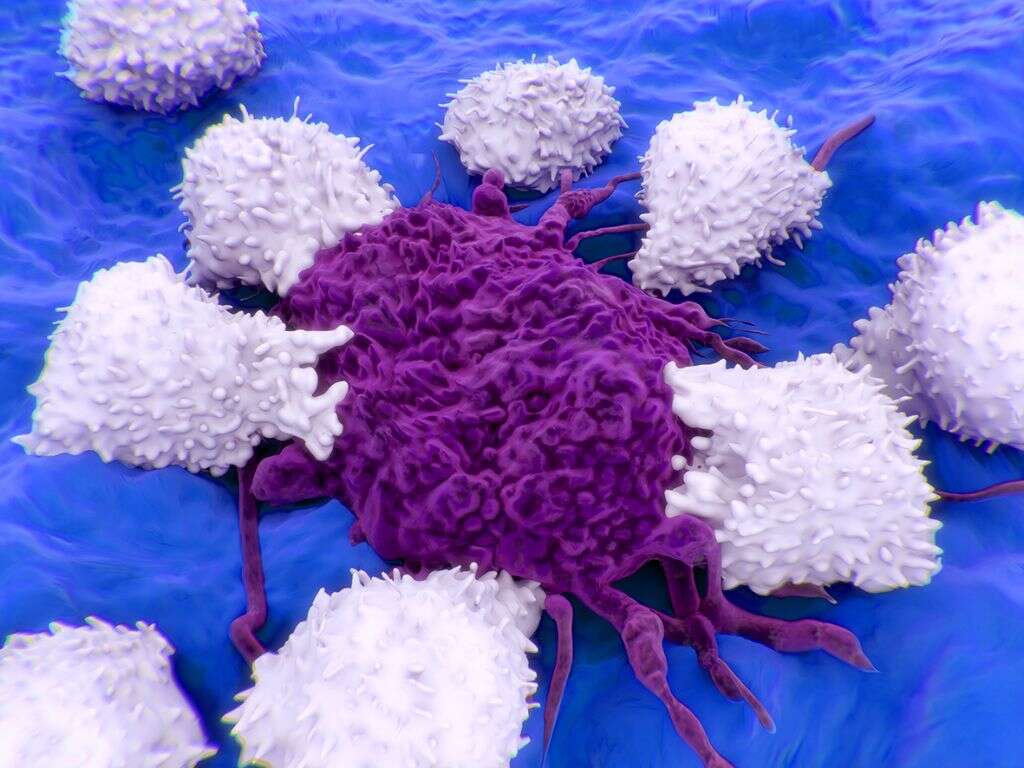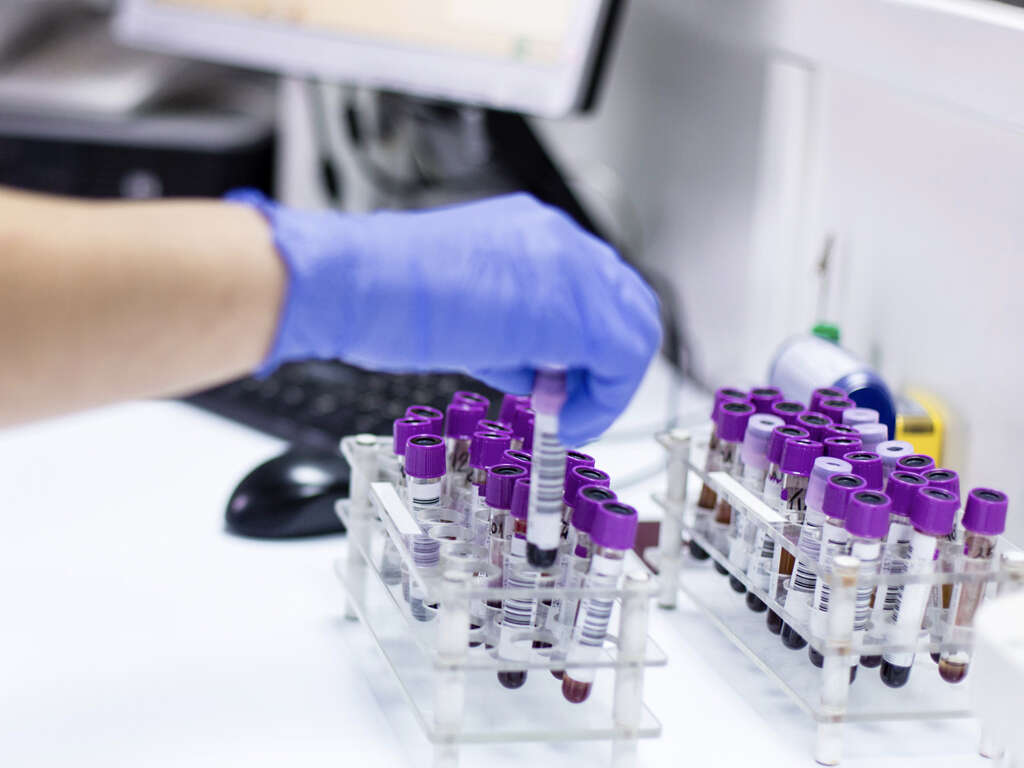What Is GBS?
Guillain-Barr syndrome (GBS) is a condition that can affect anybody, although you are more likely to develop it as you get older. It is a condition in which the patients nervous system is being attacked by the immune system and this will cause some potentially serious problems for the patient.
The symptoms can be very alarming, and they can be dangerous, but the prognosis is still usually good provided the appropriate treatment is found. Thus, if you do experience the symptoms, it is a good idea to get medical assistance as soon as you can. Here’s a closer look at the condition and some of the symptoms it can cause.

1. Guillain-Barr Syndrome
GBS is a condition that directly affects the patients nervous system. It is, thankfully, very rare but it is also a serious condition that can have a severe impact on the quality of the patients life. It can usually be treated, and patients will often make a full recovery, but it will cause a fatality in approximately 1 in 20 cases. The exact cause of the syndrome is unclear, but there does appear to be a link with previous infections. The condition will mainly affect the patients limbs, their hands, and their feet. The disorder can appear in several forms.

2. Acute Inflammatory Demyelinating Polyradiculoneuropathy
Acute inflammatory demyelinating polyradiculoneuropathy (AIDP) is perhaps the most common of all forms of GBS, with more patients in the United States having this type than any other. The condition is typified by the peripheral nerves and nerve roots becoming inflamed. The myelin sheath that protects these nerves will also be destroyed.
The most common symptom is that the patients muscles begin to weaken. This symptom will typically start manifesting in the lower part of the body and gradually move up and affect the upper part of the body also. One thing that makes this unusual in comparison to the others is that it does not usually follow an infection.

3. Acute Motor-Sensory Axonal Neuropathy
Acute motor-sensory axonal neuropathy (AMSAN) and acute motor axonal neuropathy (AMAN) are two very similar conditions. Acute motor axonal neuropathy tends to affect children whereas acute motor-sensory axonal neuropathy is more likely to affect adults. Patients will often experience severe and rapid sensory and motor dysfunction.
These types are less common in the United States but are more prevalent in some other nations including China, Japan, and Mexico. Approximately three-quarters of people with acute motor axonal neuropathy will test positive for campylobacter. This is a relatively common bacteria that has the potential to cause serious food poisoning, although it is usually treatable.

4. Miller Fisher Syndrome
One of the most telling symptoms of Miller Fisher syndrome is that the patients eye muscles will become paralyzed, while the patient will also lose their tendon reflexes. In addition, the patient will likely experience respiratory failure and overall weakness of the muscles.
One thing that helps patients with the condition to stand out from other people is the presences of an antibody that is unique to people with the condition. Thankfully, most people with the condition will make a full recovery, while some may be left with permanent remnants of the condition. Relapses can occur, but this happens in only around 3% of cases.

5. Numbness
As mentioned, instances of GBS typically affect the hands, the feet, and the limbs. The symptoms will typically first appear in the patients hands and feet before eventually spreading to the limbs. Once these symptoms arise, they will worsen over the following few days and the symptoms will sometimes spread very rapidly.
The symptoms involved will generally include numbness, weakness in the muscles, muscle pain, and pins and needles. Symptoms like these are often a sign of a potentially serious underlying problem, so medical assistance should be sought. If there is a problem with the nervous system, it is important to get it seen to as soon as possible to prevent permanent damage.

6. Paralyses
As mentioned, the symptoms of GBS can spread rapidly through the body. They will often spread to the extent that almost all of the patients body is affected, and it can affect them to the point where they become effectively paralyzed.
They patient will often not be able to move their arms and legs, and will not be able to grasp at objects with their hands. In some instances, the paralyses will also spread to the patients face, leaving them unable to make facial expressions. Paralyses is a sign that there is something seriously wrong with the patients nervous system and medical help should be found for them.

7. Coordination Problems
Being able to walk takes so much coordination that it literally takes years for us to be able to do it competently. The same goes for other skills such as catching and throwing, and even reaching out to grasp hold of objects. As long as it can take us to perfect these skills, we might sometimes be able to lose them quickly.
One symptom of GBS is that the patient can begin to lose their coordination. Even simple physical tasks can become difficult for them and it can also be difficult for them to walk as they lose their ability to balance.

8. Breathing Difficulties
You might not notice it, but breathing is achieved thanks to a coordinated effort from various muscles that help to expand and collapse the chest in a continuous cycle. If we were to lose the ability to use these muscles, then we would no longer be able to breathe properly.
With the muscles in the chest becoming paralyzed, the patient can find it increasingly difficult to breathe. This has the potential to be extremely serious for some patients and is the leading cause of fatalities involving the condition. The loss of use of these muscles can also make it difficult for the patient to swallow their food.

9. Causes
GBS is an autoimmune disease. This means that the body’s own immune system is attacking the body rather than defending it as it is supposed to. We are still far from clear as to why this happens, as with other autoimmune conditions, but we do have some idea of what may be triggering the condition.
A high percentage of people with GBS have had some sort of infection in the past, such as food poisoning or even the flu. There also appears to be a potential link with GBS and surgery or injury.

10. Treatment
GBS is treatable, and most people with the condition will go on to make a full recovery. However, it is still a very serious condition and most people with it will need to be hospitalized. Patients can expect to stay in hospital from anywhere between a few weeks and a few months. Much of the treatment involved will treat the symptoms to help keep the patient safe, and make them more comfortable.
In order to treat the cause, the patient will typically undergo plasma exchange (plasmapheresis), and/or intravenous immunoglobulin (IVIG). These will help to remove harmful substances while also stabilizing the immune system.












